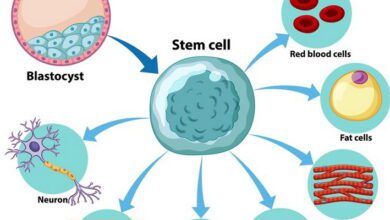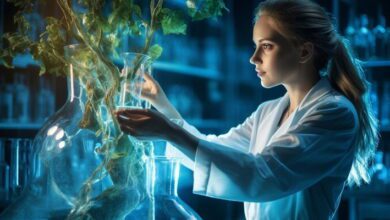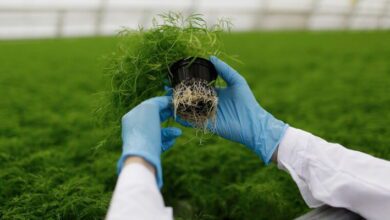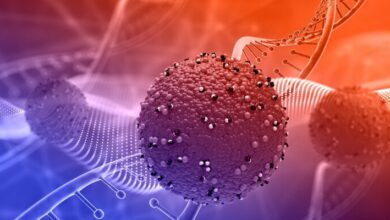Biomedical Sciences MCQs with Answers

Welcome to the Biomedical Sciences MCQs with Answers. In this post, we have shared Biomedical Sciences Online Test for different competitive exams. Find practice Biomedical Sciences Practice Questions with answers in Biology Tests exams here. Each question offers a chance to enhance your knowledge regarding Biomedical Sciences.
| Biomedical sciences combines the principles of biology, medical engineering, and technology in furthering knowledge about living things, health, and disease. The biomedical science relates to many specializations including: Biomedicine, molecular biology, and biology engineering, all towards medical research and clinical applications. Biomedicine comprises diseases associated with molecular and cellular mechanisms, especially in the development of modern diagnostic and treatment tools. Consequently, research in this area tends to identify the cause of such illnesses as cancer, cardiovascular diseases, and infectious diseases and then develops targeted therapies. Biomedicine understands pathophysiology that leads to these diseases hence advancing patient outcomes and advancing personalized medicine. This application of principles of engineering with those of biological sciences is known as biomedical engineering or biology medical engineering, which creates innovative medical devices, prosthetics, and diagnostic equipment. Such highly evolving technologies of MRI machines, pacemakers, artificial organs, and many more fall under the fold of biomedical engineering. Thus, biomedical engineers join work between engineering and medicine to provide technological innovations to answer the needs of healthcare providers and their patients. Biology engineering includes applications such as tissue engineering and regenerative medicine, where scientists are trying to invent methods of repairing or replacing damaged tissues and organs. They help develop biocompatible materials and can grow new tissues from stem cells; hence promising some hope with diseases that don’t have any current treatable drugs available in literature. |
Biomedical Sciences Online Quiz
By presenting 3 options to choose from, Biomedical Sciences Quiz which cover a wide range of topics and levels of difficulty, making them adaptable to various learning objectives and preferences. You will have to read all the given answers of Biomedical Sciences Questions and Answers and click over the correct answer.
- Test Name: Biomedical Sciences MCQ Quiz Practice
- Type: Quiz Test
- Total Questions: 40
- Total Marks: 40
- Time: 40 minutes
Note: Answer of the questions will change randomly each time you start the test. Practice each quiz test at least 3 times if you want to secure High Marks. Once you are finished, click the View Results button. If any answer looks wrong to you in Quizzes. simply click on question and comment below that question. so that we can update the answer in the quiz section.
Download Certificate of Quiz Biomedical Sciences
On the end of Quiz, you can download the certificate of the quiz if you got more than 70% marks. Add a certificate to your job application or social profile (like LinkedIn) and get more job offers.
If you are interested to enhance your knowledge regarding English, Physics, Chemistry, and Computer please click on the link of each category, you will be redirected to dedicated website for each category.




